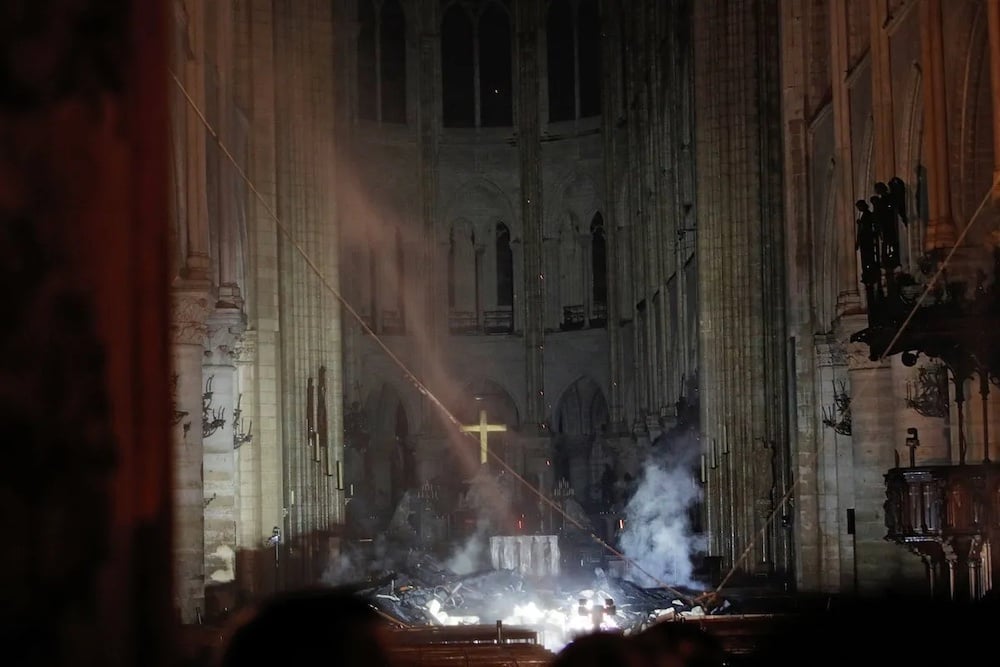Over the past few years a large number of American Christians have shared that they have “deconstructed,” or are in the process of “deconstructing” their faith. The term is an interesting one. I’ve often wondered why “faith deconstruction” in particular has been used to express such a wide range of “questioning” of received Christian traditions, institutions and beliefs. Though some of this questioning may be more academic in nature, most of it appears to be intensely personal, reflecting painful betrayal and profound disillusionment with the church. Such questioning is understandable. But why the provocative language of “faith deconstruction”? Why has this descriptor taken on the life it has within American Christianity? And is it helpful, or ultimately unhelpful?
Login to read more
Sign in or create a free account to access Subscriber-only content.
Topics:
